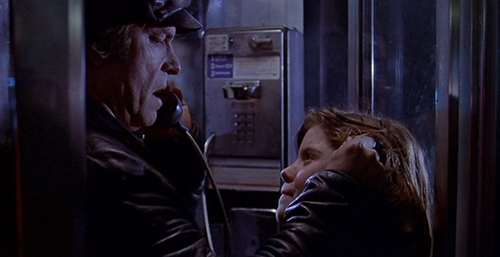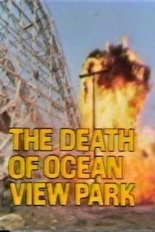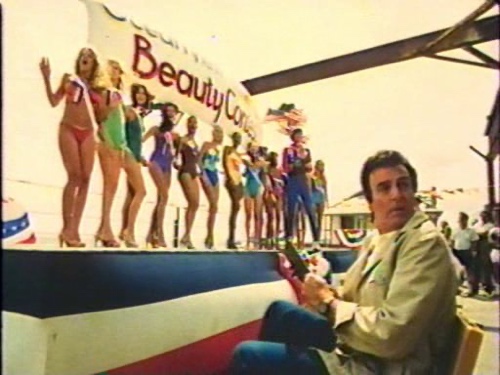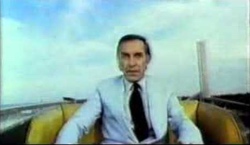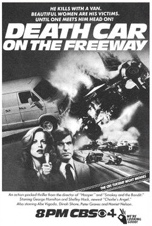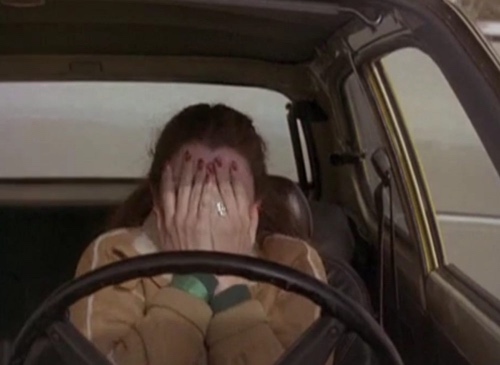
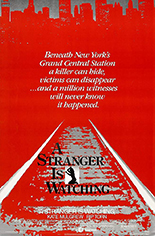 To borrow a phrase from Oprah Winfrey, what I know for sure about director Sean S. Cunningham is how lucky he was to strike gold with Friday the 13th. Because having watched three of his other films recently — The New Kids, DeepStar Six and his Friday follow-up, A Stranger Is Watching — a throughline bubbled to the surface: Directing just isn’t his thing. His gift — one arguably more valuable — is commercial instincts; the creative execution is best left in the hands of others, like Wes Craven with The Last House on the Left and Steve Miner with House.
To borrow a phrase from Oprah Winfrey, what I know for sure about director Sean S. Cunningham is how lucky he was to strike gold with Friday the 13th. Because having watched three of his other films recently — The New Kids, DeepStar Six and his Friday follow-up, A Stranger Is Watching — a throughline bubbled to the surface: Directing just isn’t his thing. His gift — one arguably more valuable — is commercial instincts; the creative execution is best left in the hands of others, like Wes Craven with The Last House on the Left and Steve Miner with House.
A Stranger Is Watching seals my thesis with a pat of the cement trowel. Based on a huge bestseller by Mary Higgins Clark, queen of the PTA-mom-approved thriller, the movie opens with a little girl named Julie Petersen (Shawn von Schreiber) watching from the stairs as her mother is murdered by an unknown male assistant with a hammer and point-and-shoot camera. A couple years later, Julie is living a normal life with Dad (James Naughton, The Birds II: Land’s End); Dad is getting serious with a TV anchor (Kate Mulgrew, Star Trek: Nemesis); and Mom’s supposed killer (James Russo, 1988’s Freeway), who proclaims his innocence, is about to be put to death. Then the real killer (Rip Torn, Dodgeball) shows back up to terrorize the Petersens once more.
So much of Stranger seems like it’s been grafted from Friday the 13th’s still-fresh corpse. With Friday creator Victor Miller co-writing this script, perhaps that’s to be expected. But one also can imagine the MGM executives asking Cunningham to do what he did with that smash-hit slasher, but this time for grown-ups, so you can still ventilate a throat, but don’t make it look real — just have the actor push his chin as hard as he can to his neck to hold the fake weapon in place.
And instead of a summer camp, set it at a homeless camp. And instead of the bad guy in a hockey mask, put him in Eric Von Zipper’s get-up from Beach Blanket Bingo. And instead of someone going to the restroom and being met with an ax to the face, have someone be confronted by a thug who bops in time like he’s going to burst into song. And instead of depicting people having sex, can you just have William Hickey play a bum who asks to see Rip Torn’s “pecker”? (You can have him yell “Pussy!” with each hammer blow he takes to the head; it’s okay.)
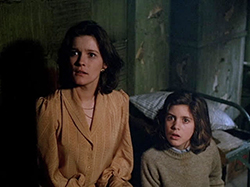 Oh, one last thing: Instead of sending chills up the spines of audience members, can you make it really, really boring?
Oh, one last thing: Instead of sending chills up the spines of audience members, can you make it really, really boring?
He could and he did. Stranger’s true legacy is a move it made from page to screen: flipping the kid’s gender so the world may be introduced to von Schreiber. The girl had an empty filmography before this big debut, anchoring a feature from a major studio, and never added another. Why? It’s as if she were so good, everyone told her afterward, “Shawn, you did it! This performance can never be topped — not by you, not by anyone. You should stop acting now.” Because you can’t tell a kid like that the truth, which would be “Your acting style is completely unnatural. I ask for tears of sadness and you give me an impression of a losing struggle with a painful grumpy.”
A Stranger Is that awful. —Rod Lott

